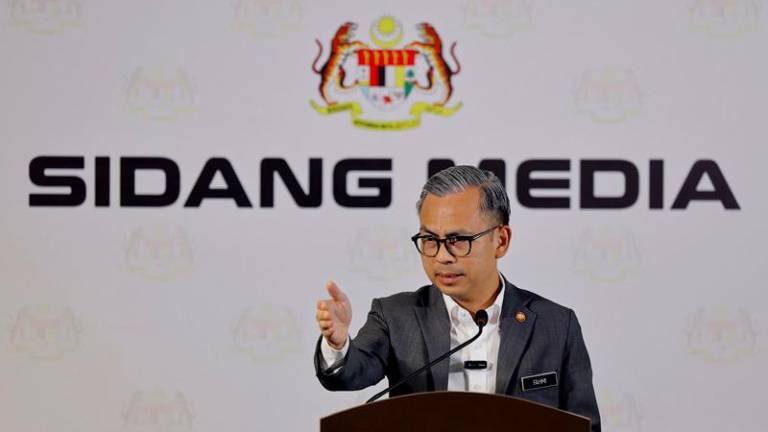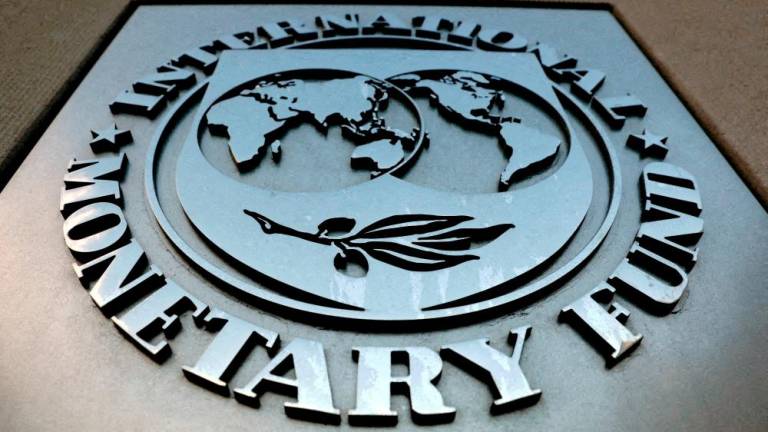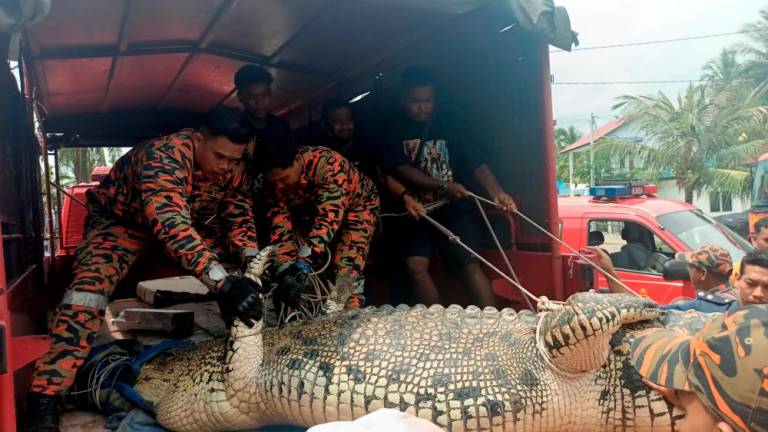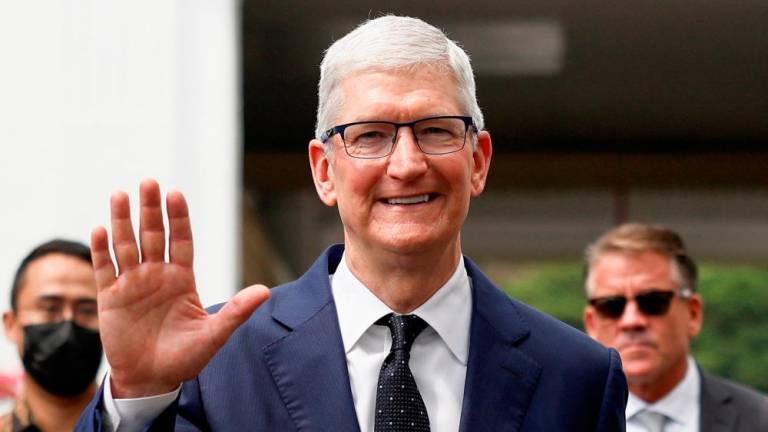NEARLY every day, I lend thinking time to the worrying state of Malaysia’s mental health. I find myself contemplating this often because I know several individuals who battle mental health illness daily. For them, it is exhausting and for me, it’s heartbreaking.
When news broke of the Sarawakian teenager who committed suicide reportedly after an Instagram poll, the topic of mental health rose to the fore. Malaysians spoke in one accord about the need for better checks and support systems, while politicians and authorities called for change.
I followed the development closely, having lost a friend to suicide in my teenage years. I’m no expert in counselling or mental health, but I have experienced its pain and watched as others suffered, fighting in hope day after day.
As a Subang Jaya constituent, it comforted me to hear that my state assembly representative, Michelle Ng, has spoken up for the decriminalisation of attempted suicide among other steps. It is indeed the first step towards a more understanding society.
When attempted suicide is seen as a crime, it does more harm than good for those at risk. Instead of having a safe space to identify and treat their mental health illness, they fear retribution and by the time they commit the act, they have walked alone for too long.
Our approach must therefore change, and it cannot be half-baked. Often, we belittle mental health patients and conveniently tack their experiences to whatever’s closest: pressure at school or work, family or financial problems, or even plain immaturity.
The truth, however, is that mental health is so much more complicated than that. And once we understand this, it becomes an easier and, dare I say, less daunting issue to understand.
In the case of the young Sarawakian girl, people were quick to blame those who voted “D” over “L” in her Instagram poll, which was reportedly implied to mean die and live respectively. However, I would gently caution these parties to think about the consequences of throwing such a wide net of blame.
The majority of voters could have been adolescents just like her, and her death may have affected them as well. They may be struggling through guilt, shame, what ifs and blame as they process what’s happened to their friend. I say this because I went through it myself, when my friend passed away.
While I had no direct involvement in his passing, I could not help but wonder if I could have done things differently. It took time and wise, mature counselling from those around me to accept what had happened and let go of the guilt.
If the internal struggle is already so real, what more having to carry the weight of public humiliation on their shoulders. In my opinion, blaming them may have been the easy way out. If we’re serious about supporting those at risk, it starts with telling them that it is human to struggle, and that it’s not the end.
Truthfully, it takes strength, patience and perseverance to empathise with those suffering. Whether it’s anxiety, depression, mental disorders or suicidal thoughts, these are real issues that require professional help and a strong support network.
That’s why when it comes to mental health, the journey is never meant to be taken alone. Even as policymakers work towards building a more understanding society, we can create greater awareness on the ground. If you’re struggling, please speak to someone. If you’re walking alongside an at-risk person, seek support so you aren’t doing it alone. Mental health is a collective responsibility.
Comments: letters@thesundaily.com













